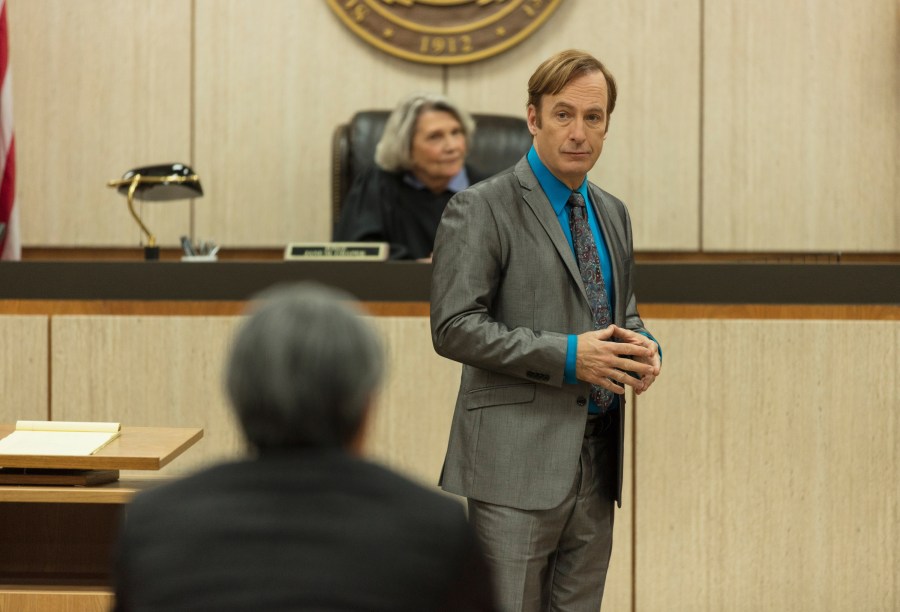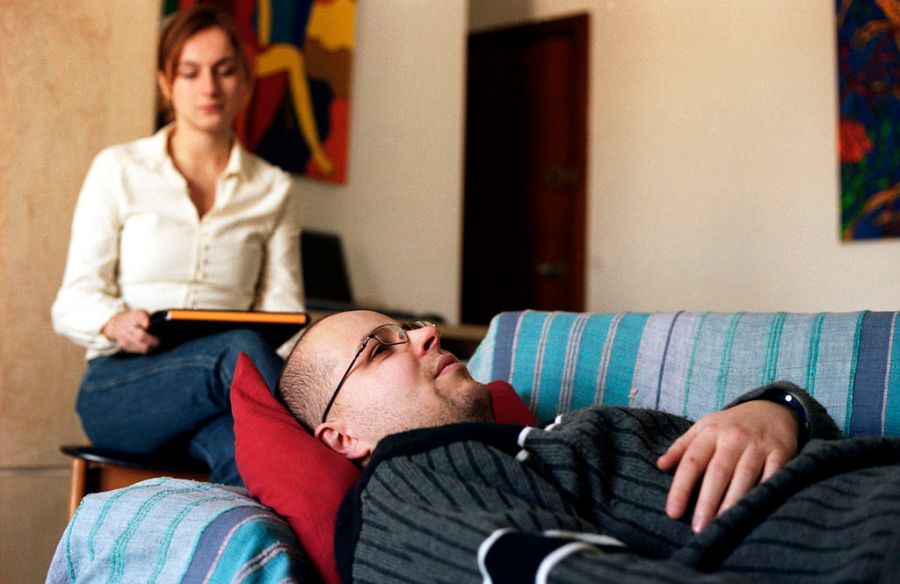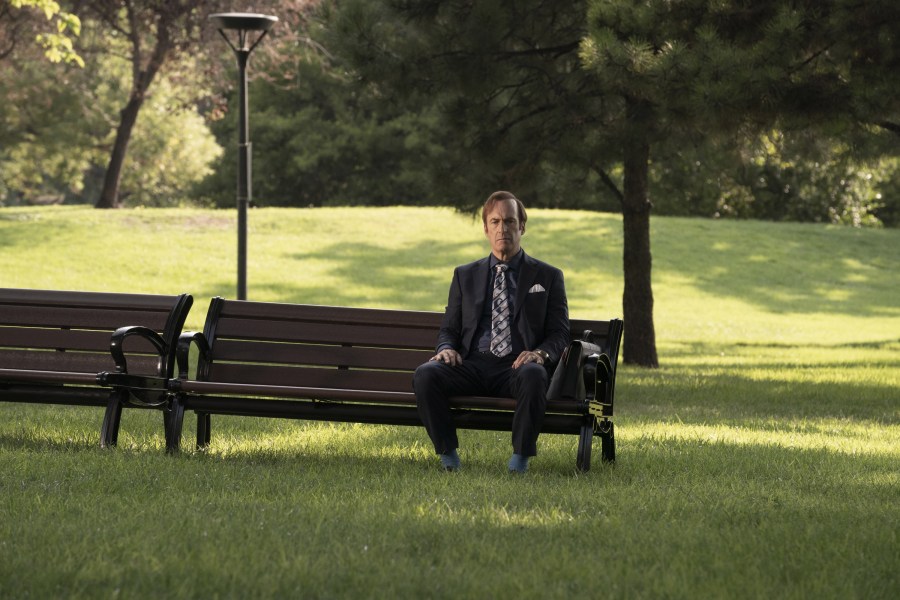
With Vince Gilligan and Peter Gould’s AMC American Drama series Better Call Saul coming to an end later this summer, it’s truly disheartening to see the show go. The old saying is that all good things must eventually come to an end — and, honestly, we can’t think of a more appropriate situation for that adage.
For those not in the know, Better Call Saul is a prequel show to the critically acclaimed pop culture phenomenon that is Breaking Bad. The show follows the humble beginnings of fan-favorite side character and criminal lawyer Jimmy McGill (a.k.a. Saul Goodman, a.k.a. Gene Takavic) as he rises through the ranks of the Albuquerque, New Mexico criminal justice system.
But wait a minute: If Jimmy/Saul/Gene was a side character in Breaking Bad, how did he eventually end up with his own show? Why do audiences and critics like the shady lawyer so much? Do we like him because he’s wildly charismatic? Is it because we feel a connection to his rags-to-riches story? Or is it perhaps, despite how challenging a case might be, Jimmy proves time and time again that he truly is a good liar — we mean lawyer!
With Mental Health Awareness Month having just ended this past May, we thought it would be interesting to speculate about pathological lying and how Better Call Saul explores mental health conditions and mental illness through Jimmy as well as some of the show’s supporting characters.
What Is Pathological Lying?
Sometimes referred to as “pseudologia fantastica” or “mythomania”, medical experts generally agree that lying pathologically cannot be diagnosed. However, they do agree that it can be an early sign of more serious mental health conditions such as bipolar disorder, anxiety, or even depression.

Pathological lying often starts in one’s adolescence. What begins as little white lies in an individual’s youth eventually turns into more intricate and thought-out lies as said individual matures into adulthood. The glaring distinction between a simple white lie and a pathological lie is that white lies typically have a practical justification behind them — whereas pathological lies are seemingly told for no discernible reason.
Why Do We Like Jimmy McGill/Saul Goodman/Gene Tacavic?
The writing staff behind Better Call Saul does an excellent job creating a world that feels lived-in and characters that feel believable. Whereas inexperienced writers are likely to mishandle how mental illness is portrayed, this show excels in presenting mental illness in a way where the audience can empathize with the characters.
When we meet Jimmy, he starts out as someone who, at best, bends the rules to suit whatever narrative he’s spinning. At worst, he’s willing to go so far as to leverage his judicial power and otherwise break the law all in favor of getting what he wants. Between Season 1 and Season 6 we see Jimmy’s lies become more and more elaborate and methodical — to the point where you, as a viewer, sometimes believe he’s actually doing the right thing.
Moreover, one could argue that his Saul Goodman persona is a vague attempt to disassociate from any wrongdoing that “Jimmy McGill” is responsible for. With bipolar personality disorder being a potential root of one’s pathological lying, this might not be that big of a stretch.

If you’re familiar with Better Call Saul, the one thing you’re sure to have noticed six seasons in is Jimmy’s charm and charisma. In fact, he’s so charismatic, that he’s able to not only convince a dangerous drug enforcer that he’s a lawyer, but he’s also able to convince said enforcer not to kill two people who were practically as good as dead in the Season 1 episode “Mijo”. From this moment onward, we see Jimmy attempt to justify his lying over and over again.
An example of Jimmy not being able to justify his actions comes in the Season 6 episode “Rock and Hard Place”. In the episode, master pickpocketer Huell Babineuax asks Jimmy why he scams people despite having a legitimate career and happy marriage. In brief, Jimmy’s answer is that he’s doing the lord’s work and that plenty of people will benefit from it later on down the line. Despite Jimmy’s enthusiastic delivery, Huell doesn’t believe the answer and bids Jimmy goodbye.
Better Call Saul‘s Chuck McGill and Mental Illness
This article wouldn’t be complete without mentioning Chuck McGill. Chuck is Jimmy’s by-the-books-lawyer older brother, who, by the time we meet him, is living with Electromagnetic hypersensitivity (EHS). If you’re like us, you’ve probably never heard of EHS prior to this show and immediately assumed Chuck was making the condition up.
While EHS is a real condition, it’s also a fairly rare one; only a few people per million individuals actually have it. Furthermore, statistics show that people in Scandinavian countries are more likely to experience EHS than those who live anywhere else in the world. With all of that said, Chuck was 100 percent certain that he was sensitive to electronics.

Chuck’s conviction was so strong that he wouldn’t leave his house, didn’t use electronic devices of any sort, sent Jimmy to do all of his grocery shopping, and even wore a space blanket. With this many self-imposed protective measures set in place, it’s hard not to think that Chuck’s condition was real — but it wasn’t.
In the Season 3 episode “Chicanery”, we learn that Jimmy conspired to have a cell phone battery planted on him prior to a court hearing. Despite this, Chuck asserts that he’d know if there was a trick being played on him. Once the truth is revealed, Chuck breaks down and scathingly calls out Jimmy’s insincere nature. Instead of laughing at Chuck, you kinda feel awful for the man, despite his contentious relationship with Jimmy.
At the end of the day, Better Call Saul does an excellent job handling its themes, narratives and characters. Considering that there aren’t a wealth of shows that depict mental health and mental illness in a respectful light, we’re grateful this is one of the few shows that does. It doesn’t have a condescending viewpoint toward individuals who may be living with serious mental health conditions. Instead, Better Call Saul may even compel some of its viewers to reevaluate their own mental health.

 Micah Bailey
Micah Bailey




